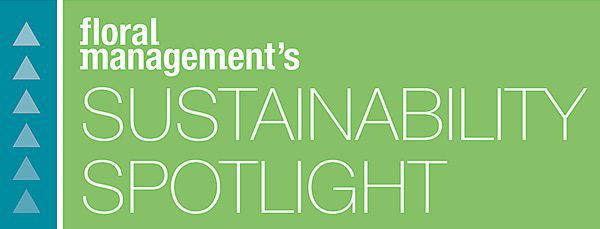SAF Policy on Deceptive Trade Practices
(adopted November 2019)
SAF expects its members to adhere to fair business practices and encourages entrepreneurship within the floral industry and the U.S. floral marketplace. SAF supports ethical business practices and promotes efforts to discourage and stop deceptive trade practices within our industry. These deceptive practices include but are not limited to:
- Allowing employees or agents to misrepresent where a business is physically located.
- Using city, town or state names, maps, graphics or other information in ads, phone listings, website pages or other media in a manner likely to give the false impression that a business actually delivers in a geographic area from one of their own business-owned physical locations when, in fact, they do not.
- Sending orders for below the stated suggested retail price and standard delivery fees.
- Collecting service fees from customer transactions without clear disclosure to such customers.
- Infringing upon the intellectual property rights of others, or
- Any other illegal, unethical, fraudulent or misleading practice.
SAF supports and will assist its members to find legislative or regulatory solutions to issues of deceptive trade practices today and in the future.
SAF reserves the right to deny or terminate membership of any person or business entity found to violate the organization’s policy regarding ethical business practices and/or deceptive advertising. Any SAF member may report a violator to SAF headquarters via email to kdelaney@safnow.org with a copy of the ad, listing, or other proof that there has been a policy violation.
If SAF staff determines that a violation has, or appears to have, occurred, they will contact the violator. At this time SAF will provide the violator with an opportunity to supply additional information and/or explanation and to remind the violator of the policy and encourage compliance. If, based on the totality of the information received, SAF determines that the violator is still not in compliance after 30 days after the initial contact from SAF, SAF will send written notice of non-compliance to the violator, indicating that:
- Membership of violator may be denied or terminated if they are not in compliance within 30 days.
- Appeals must be submitted within 15 days by U.S. Mail or email to kdelaney@safnow.org.
If appeal is denied and/or violator is still non-compliant after 90 days, SAF Executive Committee will vote on membership denial or termination.Here are the 29 states that have passed a deceptive advertising bill:
- Arizona – Title 44, Chapter 9, Article 2, 44-1221
- California – HB 1581
- Connecticut – H.B. 5305
- Delaware – Title 6, Subtitle II, Ch.25, Subch. III
- Florida – S.B. 672
- Georgia – S.B. 368
- Illinois – H.B. 2991
- Indiana – S.B. 271
- Iowa – H.J. 1458
- Kansas – Kansas Statutes 50-626
- Kentucky – H.B. 246
- Maine –Title 10, Part 3, Chapter 206-C
- Maryland – S.B. 10
- Michigan – H.B. 5500
- Minnesota – H.F. 3277
- New Hampshire – S.B. 345
- New Jersey – P.L. 1997, Ch. 346
- North Carolina – S.L. 2007-545
- Ohio – S.B. 173
- Oklahoma – H.B. 2978
- Oregon – H.B. 2804
- Pennsylvania – S.B. 198
- South Carolina – S. 3685
- South Dakota – H.B. 1302
- Tennessee – S.B. 444
- Texas – S.B. 378, HB 989 (Passed in 2011)
- Vermont – H.B. 287, Sec. 44
- Virginia – code 59.1-69
- Washington – E.S.H.B. 1471


